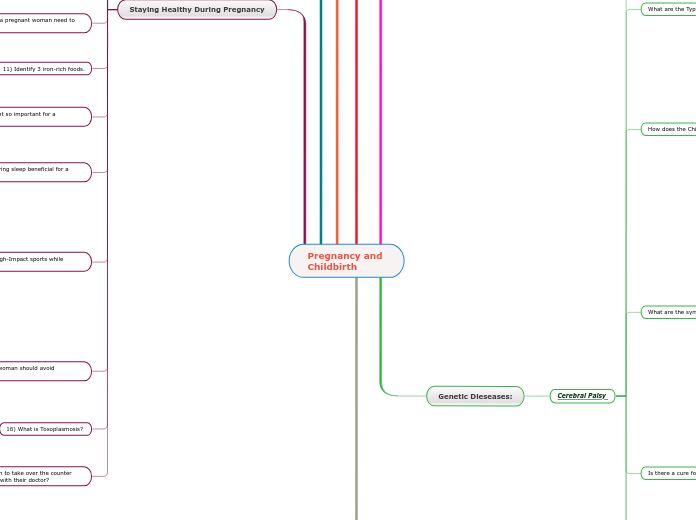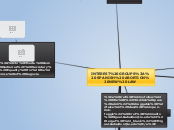Labour Law decided in the South African Courts (Highlights and updated 1997 to May 2015)
Unfair Labour Practice:
Unfair Labour practice
Subtopic
Meaning of term benefit
A benefit for the purposes of s 186(2)(a) was not limited to an entitlement that arose out of a contract or by operation of law.
Performance bonus
Performance bonus not part of remuneration and dispute clearly an unfair labour practice dispute
Nature of dispute before court to be decided by court and not bound by a partys description of it
Not having a legitimate expectation. Failed to establish that any representation was made to him in clear, unambiguous terms devoid of any qualification. Failed to establish that the representation on which he relied was either competent or lawful for the decision maker to make
selection and appointment of an employee as akin to administrative decision-making, needed to be re-evaluated in the light of the constitutional recognition of the distinct labour rights to fair labour practices in s 23 of the Constitution and just administrative action in s 33.
ULP 7 years to refer, ongoing repeat itself every month
only if so agreed
186(2)(b)
Other case law cited
Sidumo judgment, the scope for reviewing commissioners awards had been highly limited. In essence, the function of the court would be to affirm commissioners decisions unless the evaluation of fairness by the commissioner was arbitrary, capricious, an abuse of discretion or otherwise not in accordance with the established principles of law.
Munisipal authority
right to fair labour practices in s 23 of the Constitution; was obliged to base her case on the applicable labour legislation that had been enacted under the Constitution
187(1)(d); was sufficiently persuasive not to prevent the applicant from pursuing her claim in those terms
other case law cited
Chirwa v Transnet Ltd [2008] 2 BLLR 97 (CC).
the audi alteram partem rule applied was no longer authoritative since
Suspension
precautionary suspension cases the audi rule did apply.
all suspensions should be procedurally fair however required some qualification: fairness was a flexible concept that depended in each case
an opportunity to make written representations would ordinarily suffice.
JA58/10
MEC for Education, North West v Gradwell
Benefit not = acting allowance
Other occasions granted
not demand for future payment
Not automatic right
Ee show arbitrariness or other unfairness
Reasons for and supporting information regarding suspension to be provided opportunity to respond
Unfair suspension
Unfair suspension; right to be heard before suspension confirmed
Suspension without pay
breach of the disciplinary code
disciplinary committee and the appeal committee were bound by the same limitations on the issue of the suspension without pay.
promotion
statutory regime regulating promotion
Dispute one of interest
Upgrading of position and payment of acting allowance; re-evaluation of job; grading of post
ULP
Commissioner should have joined successful candidate of own accord
Not ito Equity Plan
Exhaust provisions Chapter V EEA first
No employment equity plan
Award difference remuneration had he been employed
Compensation
criteria set out in the decision of the LAC in Ferodo (Pty) Ltd v De Ruiter (1993) 14 ILJ 1974, i.e. there must be evidence of actual financial loss; proof that the loss was caused by the unfair labour practice; the loss must be foreseeable; the award must endeavor to place the applicant in monetary terms in the position he would have been in, had the unfair labour practice not been committed; and the award must be fair and reasonable in the circumstances. The applicant must also take steps to limit his loss, e.g. take reasonable steps to find alternative employment.
Promotion
there were limited grounds on which an arbitrator, or a Court, could interfere with an employers discretionary powers, such as that of promotion.
Discrimination
when Ms Burger complained to her superior, a Ms van Zyl, about being placed close to black employees in the office. This was overheard by a fellow employee; at the disciplinary hearing she was found guilty and dismissed. She appealed and the sanction of dismissal was set aside on the basis that she had been issued a verbal warning, which had been confirmed in writing, as well as having apologised and had her apologies accepted by the aggrieved employees; held that the companys failure to protect him amounted to direct discrimination; Held that Old Mutual had discriminated against Mr Finca by failing to take the necessary steps to protect him against racism in the workplace and therefore were liable to pay him compensation.
demotion was when something to which the employee was entitled was withdrawn and that this could include status as well as a condition of employment
Severance pay
that a dispute about the composition and amount of severance pay was a dispute of interest. Held further that the rate and formula were agreed,
Demotion
Employer reducing status of employee but leaving salary unchanged
the transfer from regional manager to branch manager constituted a demotion (at [15] - [19] and [24], referring to Taylor v Edgars Retail Trading (1992) 13 ILJ 1239 (IC) and Matheyse v Acting Provincial Commissioner, Correctional Services & others (2001) 22 ILJ 1653 (LC
Legitimate expectation of provision of benefit
Noted that the LAC decision in HOSPERSA was binding but expressed the view that where an employee has a legitimate expectation to the provision of a benefit, although not a legal or contractual right, the failure to provide that benefit might amount to an unfair labour practice. Held that the benefit concerned must be an ascertainable advantage or privilege which has been created by the employer concerned; or one which the employer has declared it will consider conferring upon employees. Held that, for example, where an employee aspires to a promotion, he or she may have a legitimate expectation that if he or she meets the requirements of the post and beats the competitors, he or she will be promoted (at [20] - [23], referring inter alia to Administrator, Transvaal v Traub & Others 1989 (4) SA 731 (A) and Public Servants Association on behalf of Geustyn v Provincial Administration: Western Cape (2000) 21 ILJ 700 (CCMA)
Benefit
The LAC in the HOSPERSA case, considered that a benefit, contemplated by a residual unfair labour practice was situated on the pole occupied by an antecedent right to a benefit. This right arises ex contractu, ex lege or through a collective agreement
Acting allowance
Dispute of interest









